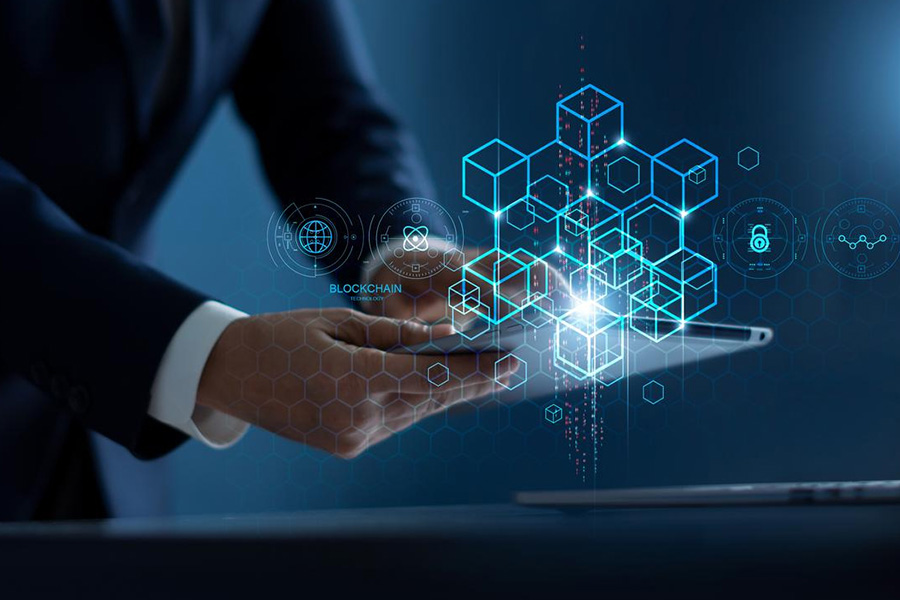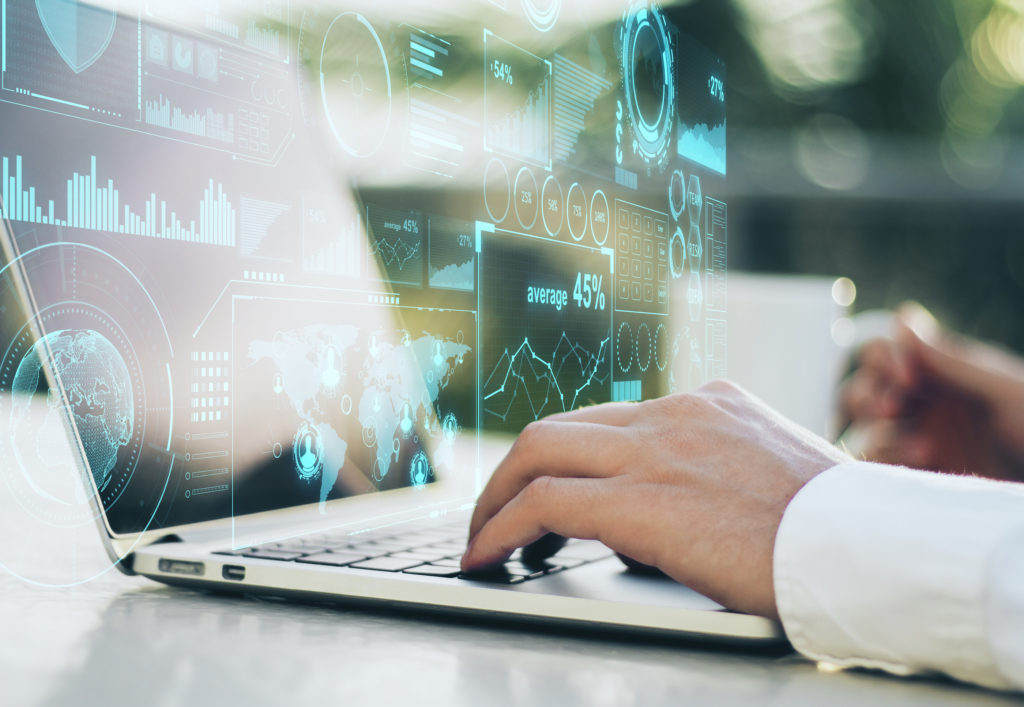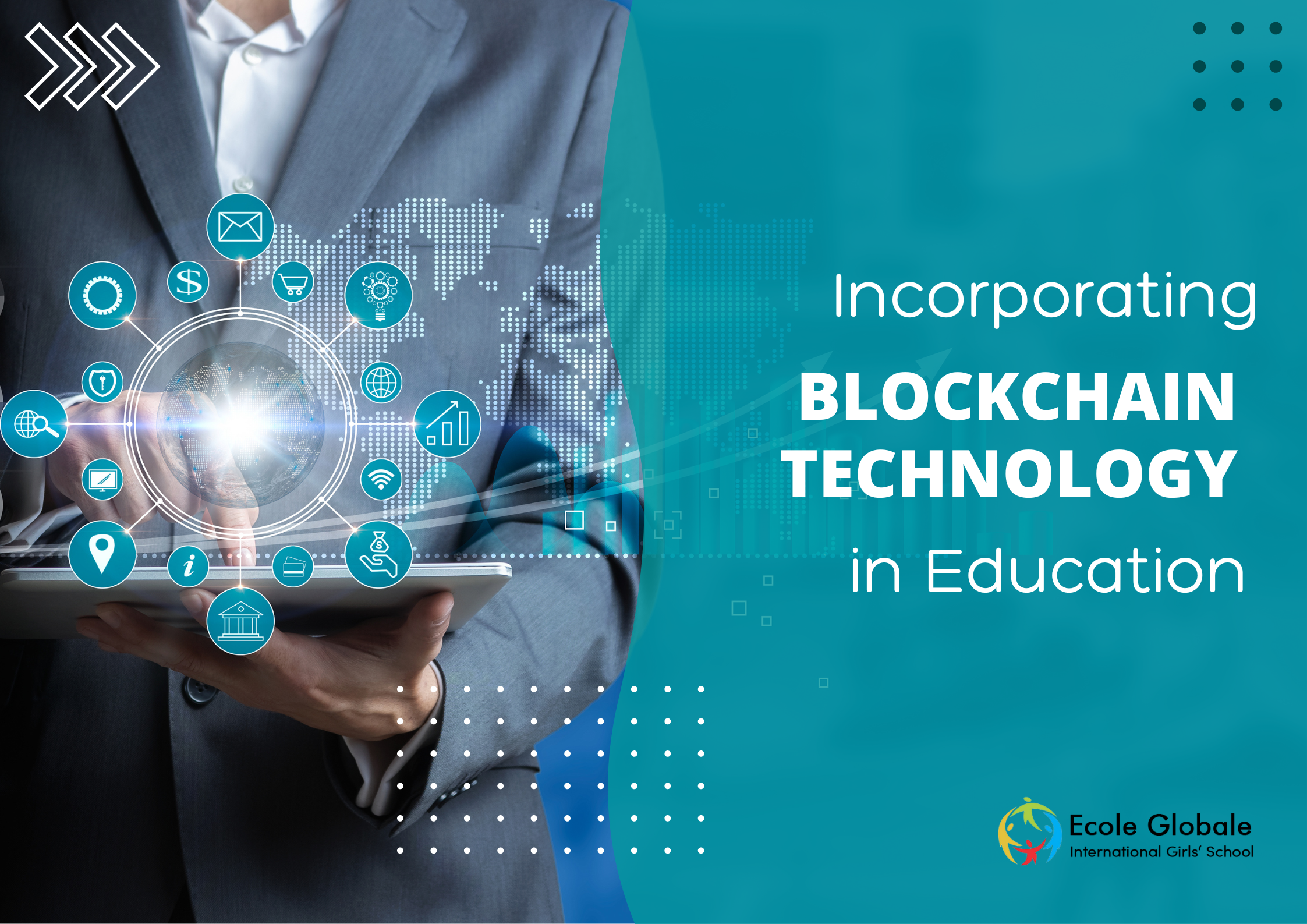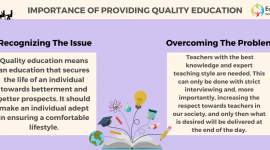Ecole Globale, a beacon of educational excellence, has always been at the forefront of embracing innovative approaches to learning. As technology evolves, the educational landscape is continuously reshaped, and one such groundbreaking technology that has gained momentum is blockchain. This article delves into the transformative potential of incorporating blockchain technology in education, focusing on a future perspective at Ecole Globale.
Understanding Blockchain Technology
Blockchain, often associated with cryptocurrencies, is a decentralized and distributed ledger technology that has far-reaching implications beyond finance. At its core, blockchain is a chain of blocks, each containing a timestamped list of transactions, linked together using cryptography. The decentralization aspect ensures that no single entity has control, enhancing security and transparency.
Blockchain’s potential applications are diverse, from supply chain management to healthcare, and education is no exception. Understanding the fundamentals of this technology is crucial for envisioning its future role at Ecole Globale. The decentralized nature of blockchain ensures that data is tamper-resistant, fostering trust and security in an educational setting.
Benefits of Blockchain in Education

Before delving into the future perspective, it’s essential to grasp the benefits that blockchain brings to education. Enhanced security and data integrity are paramount. The immutable nature of blockchain ensures that once data is recorded, it cannot be altered, providing a secure and reliable record of academic achievements.
Streamlining administrative processes is another key advantage. Tasks such as student enrollment, course registration, and grade tracking can be simplified and made more efficient through blockchain technology. This not only reduces administrative burdens but also minimizes the likelihood of errors and discrepancies.
Improved record-keeping and credential verification are pivotal in the education sector. Blockchain’s decentralized nature allows for the creation of a unified and tamper-proof repository of academic records. This ensures that credentials can be easily and securely verified, mitigating the risks of fraudulent claims.
Transparency and accountability are foundational principles in education. Blockchain brings these principles to the forefront by providing a transparent and auditable record of every transaction. This transparency instills confidence among stakeholders, fostering a culture of accountability within the institution.
Current Applications of Blockchain in Education

Several educational institutions globally have started to explore and implement blockchain technology. Ecole Globale, with its commitment to innovation, can draw inspiration from these real-world applications. One notable application is certification and credential verification. Blockchain allows for the creation of digital certificates that are securely stored and easily verifiable, streamlining the hiring process for employers.
Academic records management is another area where blockchain is making a difference. Traditional paper-based records are susceptible to loss or damage. By digitizing and securing academic records on a blockchain, Ecole Globale can ensure the longevity and accessibility of these records, providing a seamless experience for students and administrators.
Secure and transparent transactions are also being facilitated through blockchain in the education sector. Smart contracts, self-executing contracts with the terms directly written into code, can automate processes like tuition payments or enrollment fees. This not only reduces administrative overhead but also enhances the overall efficiency of financial transactions within the institution.
Future Perspective of Blockchain at Ecole Globale

Looking ahead, Ecole Globale envisions a future where blockchain technology is seamlessly integrated into its educational ecosystem. The institution aims to leverage blockchain to enhance administrative efficiency, empower students, and foster a culture of innovation.
Integration of Blockchain into Administrative Systems:
Ecole Globale recognizes the potential of blockchain in revolutionizing administrative processes. From student admissions to financial transactions, blockchain can streamline workflows, reduce paperwork, and minimize the risk of errors. This integration will not only free up administrative resources but also create a more agile and responsive educational environment.
Blockchain-based Student Credentials and Portfolios:
The institution foresees a future where students’ academic credentials and achievements are securely stored on a blockchain. Digital portfolios, including certificates, projects, and extracurricular achievements, can be easily accessed and verified by both students and potential employers. This shift from traditional paper-based credentials to blockchain-based portfolios aligns with the institution’s commitment to providing students with tools for success in the digital age.
Facilitating Secure and Transparent Transactions:
Financial transactions within the institution, such as tuition payments and scholarship disbursements, can benefit from the implementation of blockchain-based smart contracts. These self-executing contracts ensure that transactions occur only when predefined conditions are met, reducing the risk of errors and enhancing financial transparency.
Potential Challenges and Solutions:

While the vision is promising, Ecole Globale acknowledges potential challenges in implementing blockchain technology. These challenges may include the initial costs of technology adoption, the need for staff training, and concerns regarding data privacy. However, the institution is committed to addressing these challenges through strategic planning, stakeholder involvement, and continuous evaluation. Collaborative efforts with experts in blockchain technology and educational innovation will play a crucial role in overcoming obstacles and ensuring a smooth transition.
Impact on Student Learning and Academic Processes

The integration of blockchain technology goes beyond administrative efficiency; it directly impacts student learning and academic processes. Ecole Globale envisions a student-centric approach where blockchain empowers learners and facilitates a more dynamic and collaborative educational experience.
Empowering Students with Ownership of Their Academic Records:
Blockchain technology gives students unprecedented control and ownership of their academic records. By storing credentials on a blockchain, students can access and share their records securely. This shift from a centralized record-keeping system to a decentralized one aligns with the principles of data ownership and privacy, empowering students to take control of their educational journey.
Facilitating Lifelong Learning and Professional Development:
Ecole Globale recognizes that learning extends beyond the traditional classroom setting. With blockchain-based portfolios, students can continually update and showcase their skills and achievements. This facilitates lifelong learning and professional development, empowering students to adapt to evolving industry needs and pursue continuous educational opportunities throughout their careers.
Fostering Innovation and Collaboration:
Blockchain’s transparent and decentralized nature fosters a culture of innovation and collaboration within the institution. Smart contracts can be used to automate collaborative projects, ensuring that contributions are recognized and rewarded transparently. This approach encourages students to actively engage in collaborative learning experiences, preparing them for the collaborative nature of the professional world.
Teacher and Parent Perspectives
Understanding the perspectives of educators and parents is crucial for the successful implementation of any educational initiative. Ecole Globale recognizes the importance of garnering support from these key stakeholders and aims to address any concerns or misconceptions.
Educators’ Views on the Integration of Blockchain in Education:
Ecole Globale actively seeks the input of educators to understand their views on integrating blockchain into the educational process. While some educators may embrace the technological shift, others may have reservations or require additional training. The institution is committed to providing the necessary support and training to ensure that educators feel confident and empowered in adopting blockchain technology.
Parental Support and Engagement:
Parents play a vital role in a student’s educational journey. Ecole Globale acknowledges the importance of communicating the benefits of blockchain technology to parents and addressing any concerns they may have. Parental engagement and support are critical for creating a collaborative and cohesive educational environment.
Addressing Concerns and Misconceptions:
As with any technological innovation, there may be concerns and misconceptions surrounding the integration of blockchain in education. Ecole Globale is proactive in addressing these concerns through transparent communication, providing informational sessions, and actively involving stakeholders in the decision-making process. Clear communication about the benefits and safeguards in place will contribute to building trust among educators, parents, and students.
Implementing Blockchain Technology: Strategies and Considerations

Transitioning from vision to execution requires careful planning and consideration. Ecole Globale outlines strategies and considerations for implementing blockchain technology, ensuring a seamless and successful integration.
Developing a Framework for Blockchain Integration:
The institution recognizes the importance of developing a comprehensive framework for blockchain integration. This framework will outline the objectives, timeline, and responsibilities associated with the implementation process. By establishing clear guidelines, Ecole Globale can ensure alignment with its strategic goals and objectives.
Training and Professional Development for Staff:
Investing in staff training and professional development is essential for successful technology adoption. Ecole Globale provides educators and administrative staff with opportunities to learn about blockchain technology and its applications in education. Training programs, workshops, and seminars enable staff to develop the skills and knowledge necessary to leverage blockchain effectively in their roles.
Ensuring Data Privacy and Compliance:
Data privacy and compliance are paramount considerations in the implementation of blockchain technology. Ecole Globale adheres to strict data protection regulations and guidelines, ensuring that student information is safeguarded at all times. By implementing robust security measures and adhering to industry best practices, the institution maintains the trust and confidence of its stakeholders.
Collaboration and Partnerships in Blockchain Education Initiatives
Ecole Globale recognizes that successful innovation often involves collaboration and partnerships. The institution actively engages with industry partners, government agencies, and educational organizations to drive blockchain education initiatives forward.
Collaborative Efforts with Industry Partners:
Ecole Globale collaborates with industry partners to stay abreast of the latest trends and developments in blockchain technology. These partnerships enable the institution to gain valuable insights into industry best practices and emerging technologies, ensuring that its educational programs remain relevant and future-focused.
Engaging with Government and Regulatory Bodies:
Government and regulatory bodies play a significant role in shaping the regulatory landscape surrounding blockchain technology. Ecole Globale actively engages with these stakeholders to advocate for policies that support innovation and technology adoption in education. By participating in policy discussions and regulatory initiatives, the institution contributes to creating an enabling environment for blockchain education initiatives.
Leveraging Research and Innovation Centers:
Research and innovation centers serve as hubs of knowledge and expertise in emerging technologies. Ecole Globale leverages these centers to conduct research and pilot projects and develop innovative solutions in the field of blockchain education. By fostering a culture of innovation and collaboration, the institution drives forward-thinking initiatives that have a positive impact on student learning and academic excellence.
Conclusion
Incorporating blockchain technology in education represents a paradigm shift in how learning is facilitated and experienced. Ecole Globale’s future perspective embraces the transformative potential of blockchain, envisioning a learning environment that is secure, transparent, and student-centric. By leveraging blockchain technology, Ecole Globale is poised to revolutionize administrative processes, empower students, and foster a culture of innovation and collaboration. As the institution embarks on this journey, it remains committed to transparency, accountability, and excellence in education.
The future of education at Ecole Globale is blockchain-powered, paving the way for a new era of learning and discovery.








